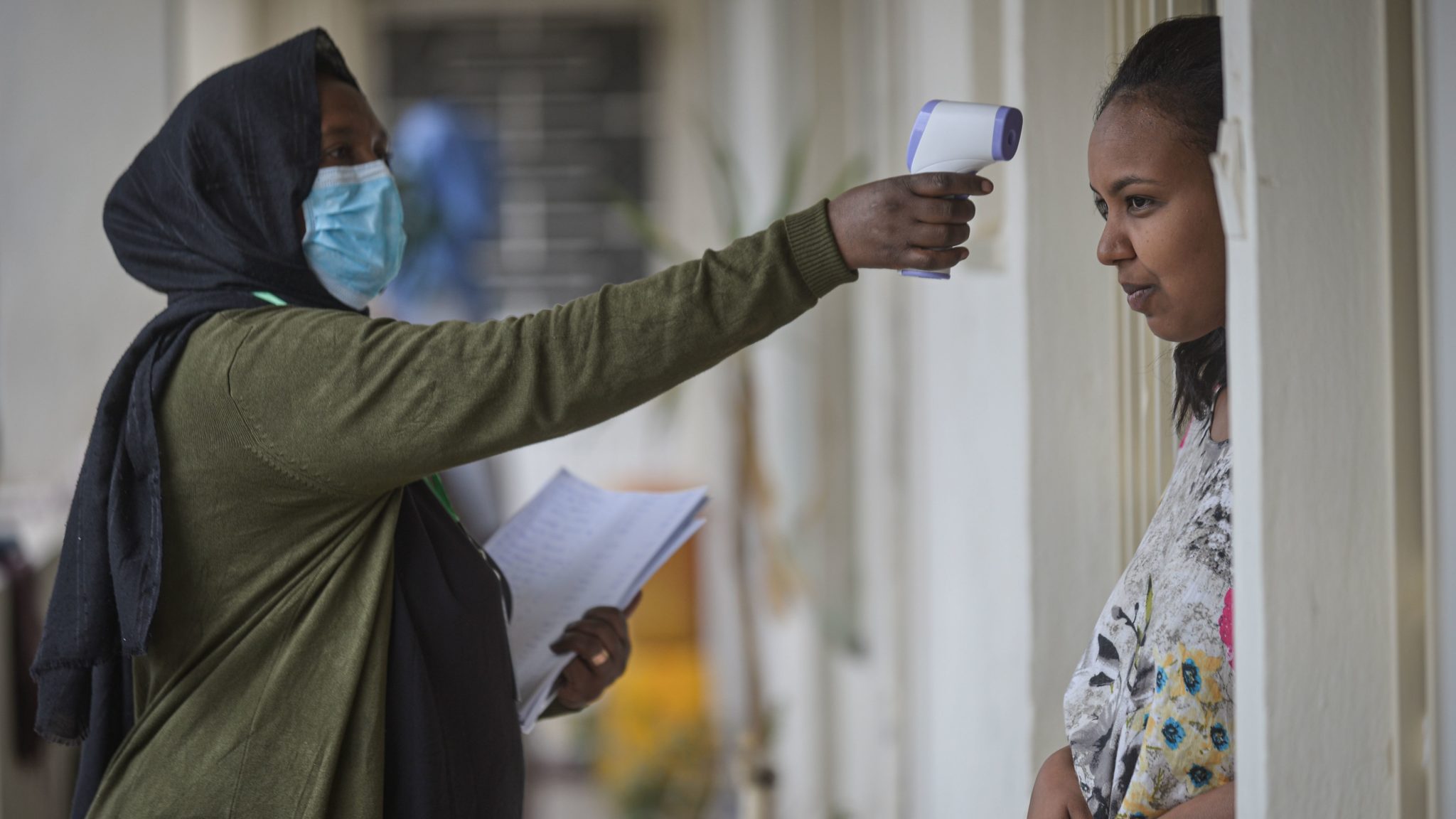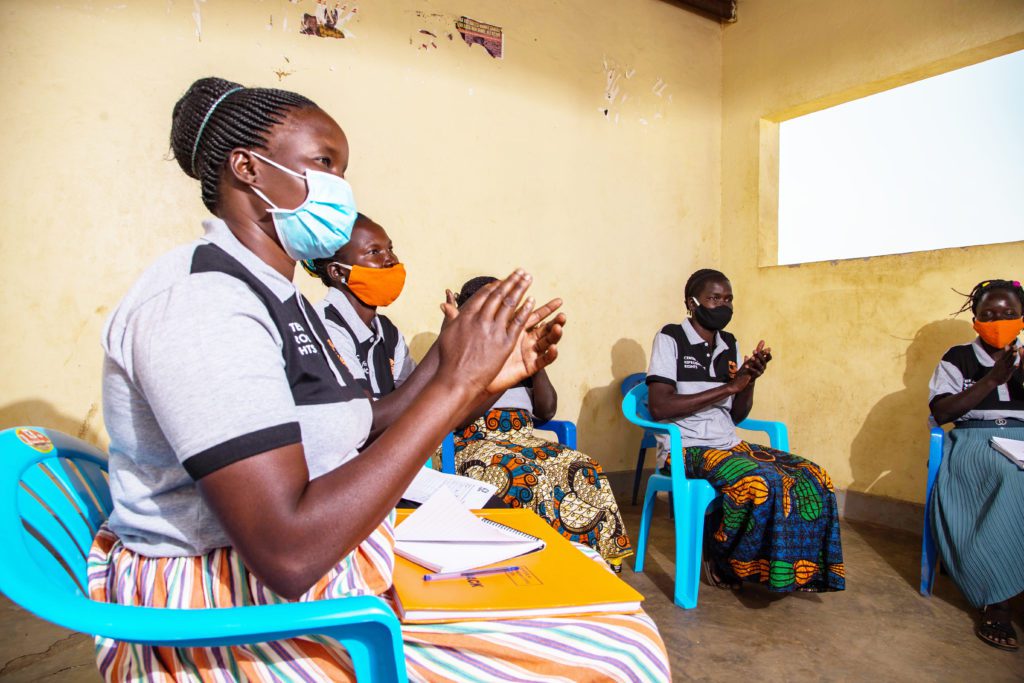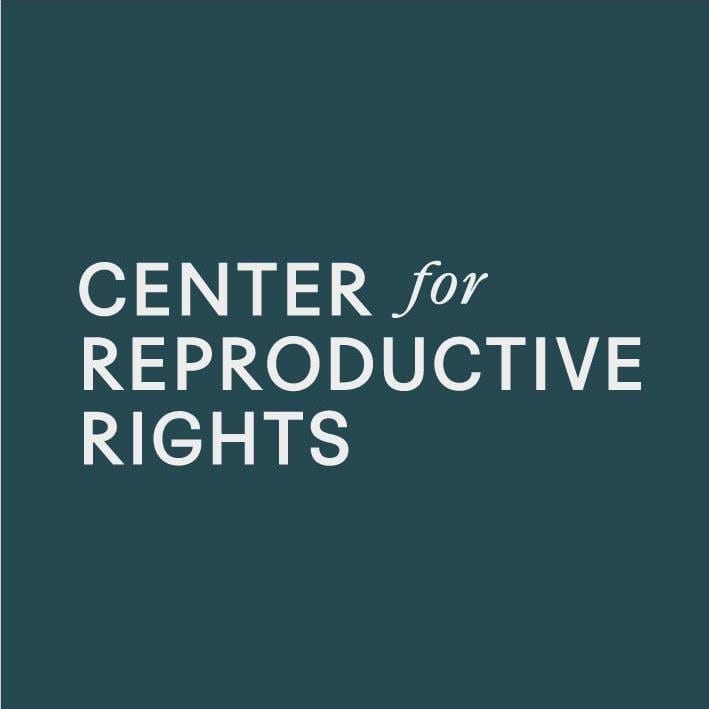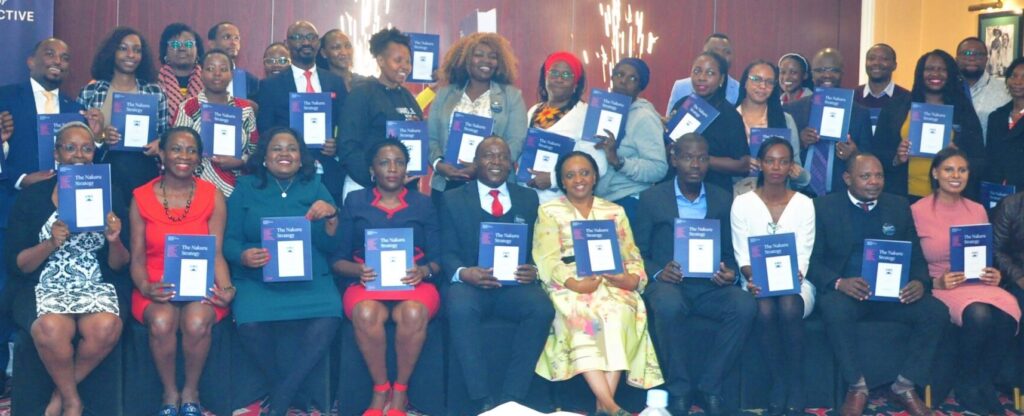New Report Examines Impacts of the COVID-19 Pandemic on Access to Sexual and Reproductive Health Services in Five African Countries
Report by Center and partners also outlines recommendations for governments to improve access to SRHR services.

As the COVID-19 pandemic spread across the globe and local governments struggled to deal with its devastating impacts, people in countries around the world were faced with unprecedented health care scarcity and restrictions. Those living in regions that regularly deal with shortages and public-health crises have felt the impacts of these disruptions to health care services the hardest.
In five countries in Sub-Saharan Africa (SSA), the pandemic brought severe disruptions to health care delivery and utilization. A new report, published by a consortium including the Center for Reproductive Rights, examined the impact of the pandemic in Burkina Faso, Ethiopia, Kenya, Malawi, and Uganda. The study reveals that women and girls living with low incomes have faced multiple barriers in accessing sexual and reproductive health (SRH) services since the onset of the pandemic.
Read the full report: Impact of the COVID-19 Pandemic on Sexual and Reproductive Health Services in Burkina Faso, Ethiopia, Kenya, Malawi and Uganda
The study also gathered information from women, girls, and members of the LGBTQI+ community on seeking services at the height of the pandemic. The study found that people in underserved communities often experienced limited access to contraceptives, maternal health care, abortion services, and HIV/AIDS prevention and management. Based on interviews with 3,473 women and girls, along with 446 health care providers, the study showed that care-seeking was often delayed or postponed, while others reportedly stopped seeking care altogether.
The pandemic resulted in an increase in unintended pregnancies, sexual and gender-based violence, unsafe abortions, and maternal and neonatal deaths, according to the study which was conducted by a consortium that included the Center, African Population and Health Center, Network for Adolescent and Youth of Africa, Planned Parenthood Global, Reproductive Health Network Kenya, Ipas Africa Alliance and Amref Health Africa.
The comparative analysis of access to SRH services in the five countries found the following:
- Women and girls had limited access to critical SRH services – contraceptive services, maternal health care, post-abortion care, and HIV/AIDS prevention and management.
- Difficulties in accessing SRH services were primarily linked to barriers emerging from government pandemic responses, such as curfews and lockdowns, and disruptions in other sectors such as transport, health, trade and security. Some health facilities were closed while others converted to COVID-19 centers.
- Those patients with difficulties accessing SRH services resorted to not visiting any health facility at all; delayed or postponed seeking SRH services; or visited other health facilities.
- Individuals who had suboptimal access to health services even before the pandemic faced the greatest risks of abuse, exclusion, and devastating health outcomes from both the pandemic and the government response to the pandemic.
- Government policies failed to strike a balance between containing the spread of COVID-19 and addressing the reproductive health needs of women, girls, and members of the LGBTQI+ community.
The report’s findings reflect that the pandemic has had adverse effects on the access, availability, and utilization of critical SRH services across the five countries. These critical service disruptions and government actions to curb the spread of the pandemic have combined to broaden inequalities and insecurities, especially among certain communities, such as young women, adolescents, and members of the LGBTQI+ community. Impacts of the pandemic have created an unmet need for contraception, as well as limited access and use of services such as maternal health care, post-abortion care and HIV/AIDs health management with resulting poor health outcomes.
The study makes several recommendations based on the research:
- Government policies in response to health emergencies must be continuously reviewed to ensure they effectively respond to evolving trends and developments.
- Local and national governments must strengthen community health outreach to enhance adolescent and youth access to reproductive health information and services.
- Governments must supply private health facilities with reproductive health commodities to adequately serve women, girls and members of the LGBTQI+ community.
- Governments must institutionalize inclusive, client-friendly training and sensitization of health providers to ensure effective service delivery in the wake of pandemics.
- Governments must adopt holistic responses and recovery strategies that address the impact of pandemics in different socioeconomic sectors.
- Reproductive health services must remain essential at all times.
The challenge for governments is to continue to take steps to mitigate the effects of COVID-19 without compromising the SRH needs of girls and women. The surveys and findings within this report will inform and guide the current and future pandemic response and strategies within the five SSA countries and strengthen the need for ongoing human rights advocacy.
Read more:



